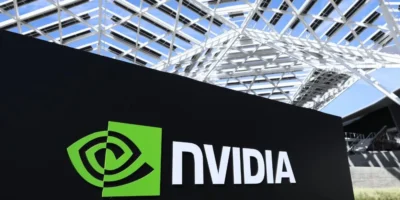The Chinese AI giant DeepSeek has hit a major roadblock in the release of its latest AI model, R2, and the problem is the very homegrown technology that Beijing is pushing. The company’s struggles with Huawei’s Ascend AI chips have led to unexpected delays, highlighting the challenges of China’s quest for technological self-sufficiency.
Chinese authorities have been encouraging companies like DeepSeek to use domestic chips instead of relying on Nvidia’s more mature and reliable hardware. But in DeepSeek’s case, this push has backfired. Despite having Huawei engineers on-site to help, the company was unable to train its new AI model using the Ascend chips successfully. As a result, DeepSeek had to switch back to Nvidia’s hardware for the crucial training process.
This technical setback, along with other delays, forced the company to postpone the R2 model’s launch, which was originally scheduled for May. The company’s founder reportedly expressed his dissatisfaction with the model’s progress, saying it needed more time in the oven.
The delay has given competitors like Alibaba an opening. Alibaba’s latest AI model has already incorporated some of DeepSeek’s core ideas while making them more efficient.
This whole episode reveals the real-world challenges of Beijing’s push for “AI self-sufficiency.” In practice, there are still significant gaps in performance and stability between Huawei’s chips and the industry-leading products from Nvidia. While DeepSeek’s new model is still expected to be released soon, it will now face intense scrutiny over how it performs compared to rivals trained on more reliable hardware.













